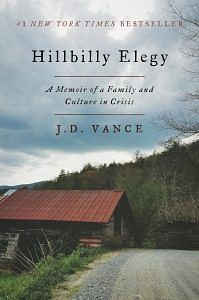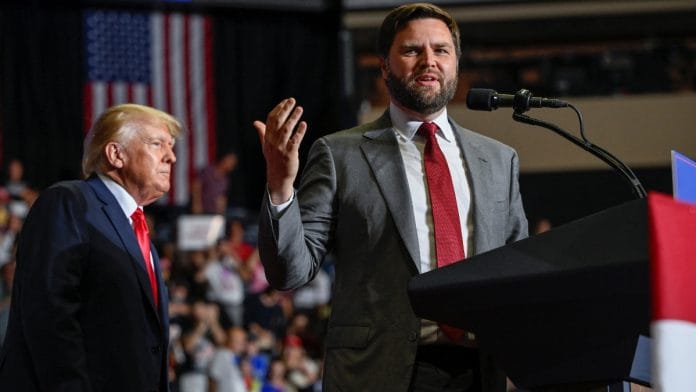Despite the lack of a legal relationship, I began spending a lot of time with Dad. I visited him on most holidays and spent every other weekend at his house. Though I loved seeing aunts, uncles, and cousins who hadn’t been part of my life in years, the basic segregation of my two lives remained. Dad avoided Mom’s side of the family, and vice versa. Lindsay and Mamaw appreciated Dad’s new role in my life, but they continued to distrust him. To Mamaw, Dad was the “sperm donor” who had abandoned me at a critical juncture. Although I, too, resented Dad for the past, Mamaw’s stubbornness didn’t make things any easier.
Still, my relationship with Dad continued to develop, and so did my relationship with his church. The downside of his theology was that it promoted a certain segregation from the outside world. I couldn’t listen to Eric Clapton at Dad’s house— not because the lyrics were inappropriate but because Eric Clapton was influenced by demonic forces. I’d heard people joke that if you played Led Zeppelin’s “Stairway to Heaven” backward, you’d hear some evil incantation, but a member of Dad’s church spoke about the Zeppelin myth as if it were actually true.
These were quirks, and at first I understood them as little more than strict rules that I could either comply with or get around. Yet I was a curious kid, and the deeper I immersed myself in evangelical theology, the more I felt compelled to mistrust many sectors of society. Evolution and the Big Bang became ideologies to confront, not theories to understand. Many of the sermons I heard spent as much time criticizing other Chris tians as anything else. Theological battle lines were drawn, and those on the other side weren’t just wrong about biblical interpretation, they were somehow unchristian. I admired my uncle Dan above all other men, but when he spoke of his Catholic acceptance of evolutionary theory, my admiration became tinged with suspicion.
Also read: Former Trump critic & now his running mate, Indian American Hindu wife — who is JD Vance
My new faith had put me on the lookout for heretics. Good friends who interpreted parts of the Bible differently were bad influences. Even Mamaw fell from favor because her religious views didn’t conflict with her affinity for Bill Clinton. As a young teenager thinking seriously for the first time about what I believed and why I believed it, I had an acute sense that the walls were closing in on “real” Christians. There was talk about the “war on Christmas”— which, as far as I could tell, consisted mainly of ACLU activists suing small towns for nativity displays. I read a book called Persecution by David Limbaugh about the various ways that Christians were discriminated against. The Internet was abuzz with talk of New York art displays that featured images of Christ or the Virgin Mary covered in feces. For the first time in my life, I felt like a persecuted minority.
All of this talk about Christians who weren’t Christian enough, secularists indoctrinating our youth, art exhibits insulting our faith, and persecution by the elites made the world a scary and foreign place. Take gay rights, a particularly hot topic among conservative Protestants. I’ll never forget the time I convinced myself that I was gay. I was eight or nine, maybe younger, and I stumbled upon a broadcast by some fi re- and- brimstone preacher. The man spoke about the evils of homosexuals, how they had infiltrated our society, and how they were all destined for hell absent some serious repenting. At the time, the only thing I knew about gay men was that they preferred men to women. This described me perfectly: I disliked girls, and my best friend in the world was my buddy Bill. Oh no, I’m going to hell.
I broached this issue with Mamaw, confessing that I was gay and I was worried that I would burn in hell. She said, “Don’t be a fucking idiot, how would you know that you’re gay?” I explained my thought process. Mamaw chuckled and seemed to consider how she might explain to a boy my age. Finally she asked, “J.D., do you want to suck dicks?” I was flabbergasted. Why would someone want to do that? She repeated herself, and I said, “Of course not!” “Then,” she said, “you’re not gay. And even if you did want to suck dicks, that would be okay. God would still love you.” That settled the matter. Apparently I didn’t have to worry about being gay anymore. Now that I’m older, I recognize the profundity of her sentiment: Gay people, though unfamiliar, threatened nothing about Mamaw’s being. There were more important things for a Chris tian to worry about.
In my new church, on the other hand, I heard more about the gay lobby and the war on Christmas than about any particular character trait that a Chris tian should aspire to have. I recalled that moment with Mamaw as an instance of secularist thinking rather than an act of Christian love. Morality was defined by not participating in this or that particular social malady: the gay agenda, evolutionary theory, Clintonian liberalism, or extramarital sex. Dad’s church required so little of me. It was easy to be a Chris tian. The only affirmative teachings I remember drawing from church were that I shouldn’t cheat on my wife and that I shouldn’t be afraid to preach the gospel to others. So I planned a life of monogamy and tried to convert other people, even my seventh-grade science teacher, who was Muslim.
 This excerpt from JD Vance’s ‘Hillbilly Elegy: A Memoir of a Family and Culture in Crisis’ has been published with permission from HarperCollins.
This excerpt from JD Vance’s ‘Hillbilly Elegy: A Memoir of a Family and Culture in Crisis’ has been published with permission from HarperCollins.






